Remember, the most important thing is to look after yourself and your family as the storm approaches. Too often we hear of people (farmers included) taking chances going out in storm conditions, risking their safety and sometimes their life.
Be prepared
One of the first tips is to be prepared and ask yourself a few simple questions. If the power goes out, what will you do in the dwelling house and the yard?
Have a plan in place. This can be simple things like a flash lamp, a candle, making sure there is a full gas canister in the house. If power goes out for a prolonged period, it could have implications for water supply in the yard.
Secure your home. Check anything around the heavy that could be damaged by heavy wind. We’ve all seen the photos of trampolines being blown across roads. Five minutes spent tying it down could mean a lot less hassle the morning after a storm.
Secure your farm buildings, loose sheets, etc.Store or tie down anything that might blow away.Park machinery well away from buildings and trees that may blow over.Watch out for sheeted gates in high winds. The wind can catch these gates when opened and bring them around with huge force, which could cause serious injury to someone if not prepared for the force.
Completing jobs
Completing jobs in daylight is also a good tip in storm conditions. On most drystock farms, it’s just silage feeding and meal feeding being carried out, so if the jobs are done a little earlier to be able to get into the house before darkness, it’s a lot safer.
If there is damage done over the next few days, don’t forget to ring your insurance company and ask for help from neighbours f you need it. Don’t take risks with fallen wires or fallen trees.
While the damage caused during a storm can be quite severe, it is usually the aftermath that is harder to deal with.
From a dairy farming perspective, loss of electricity is probably the biggest problem. Electricity is needed to power milking machines and, importantly, to cool milk.
While many milking machines, particularly older models, will have a PTO power option, this will only run the machine, not anything else. Most new machines all need generators to run them in the event of loss of mains power.
Use this time before the storm to have standby generators at the ready and test them to make sure that they are working correctly.
Generator know-how
It regularly happens that generator parts get damaged from lack of use, so test the generator out to make sure that it is operating correctly. If there are any issues, get them fixed by an electrician.
Farmers who do not have a generator should consider hiring one to have on standby or arranging for a loan of one if possible.
The next issue is water supply. If power goes to the well and there is no back-up generator, then you will be without water.
The same applies to public or group water schemes - if the power goes to the pumping station, there will be no water.
Farmers should consider storing clean water for washing the milking machine and for mixing milk replacer to calves. Of course, animals will need water for drinking purposes also.
Keep doors of buildings closed and secure as many loose items around the farm as possible. Move animals to higher ground where there is a risk of flooding.Prepare as best you can and then stay indoors during the worst of the storm. Read more
10 safety tips for farmers during a storm
Orange warning for western counties
Remember, the most important thing is to look after yourself and your family as the storm approaches. Too often we hear of people (farmers included) taking chances going out in storm conditions, risking their safety and sometimes their life.
Be prepared
One of the first tips is to be prepared and ask yourself a few simple questions. If the power goes out, what will you do in the dwelling house and the yard?
Have a plan in place. This can be simple things like a flash lamp, a candle, making sure there is a full gas canister in the house. If power goes out for a prolonged period, it could have implications for water supply in the yard.
Secure your home. Check anything around the heavy that could be damaged by heavy wind. We’ve all seen the photos of trampolines being blown across roads. Five minutes spent tying it down could mean a lot less hassle the morning after a storm.
Secure your farm buildings, loose sheets, etc.Store or tie down anything that might blow away.Park machinery well away from buildings and trees that may blow over.Watch out for sheeted gates in high winds. The wind can catch these gates when opened and bring them around with huge force, which could cause serious injury to someone if not prepared for the force.
Completing jobs
Completing jobs in daylight is also a good tip in storm conditions. On most drystock farms, it’s just silage feeding and meal feeding being carried out, so if the jobs are done a little earlier to be able to get into the house before darkness, it’s a lot safer.
If there is damage done over the next few days, don’t forget to ring your insurance company and ask for help from neighbours f you need it. Don’t take risks with fallen wires or fallen trees.
While the damage caused during a storm can be quite severe, it is usually the aftermath that is harder to deal with.
From a dairy farming perspective, loss of electricity is probably the biggest problem. Electricity is needed to power milking machines and, importantly, to cool milk.
While many milking machines, particularly older models, will have a PTO power option, this will only run the machine, not anything else. Most new machines all need generators to run them in the event of loss of mains power.
Use this time before the storm to have standby generators at the ready and test them to make sure that they are working correctly.
Generator know-how
It regularly happens that generator parts get damaged from lack of use, so test the generator out to make sure that it is operating correctly. If there are any issues, get them fixed by an electrician.
Farmers who do not have a generator should consider hiring one to have on standby or arranging for a loan of one if possible.
The next issue is water supply. If power goes to the well and there is no back-up generator, then you will be without water.
The same applies to public or group water schemes - if the power goes to the pumping station, there will be no water.
Farmers should consider storing clean water for washing the milking machine and for mixing milk replacer to calves. Of course, animals will need water for drinking purposes also.
Keep doors of buildings closed and secure as many loose items around the farm as possible. Move animals to higher ground where there is a risk of flooding.Prepare as best you can and then stay indoors during the worst of the storm. Read more
10 safety tips for farmers during a storm
Orange warning for western counties




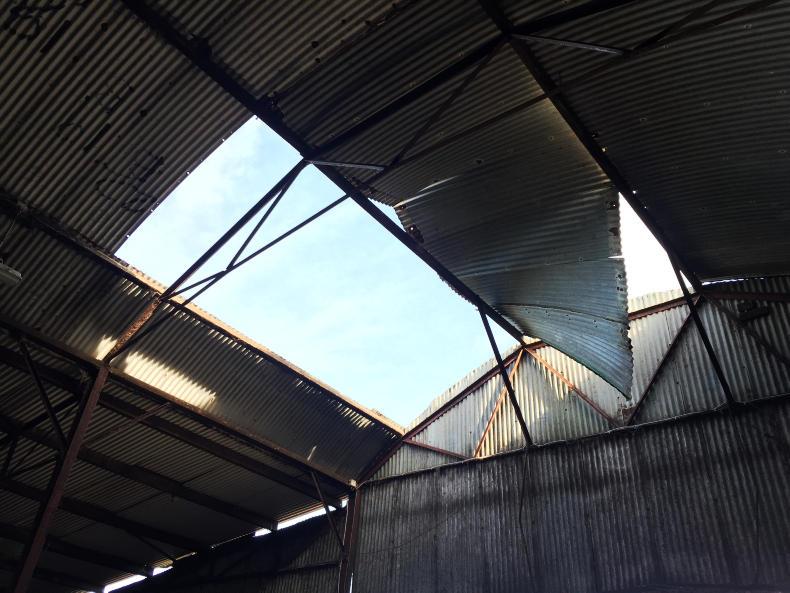
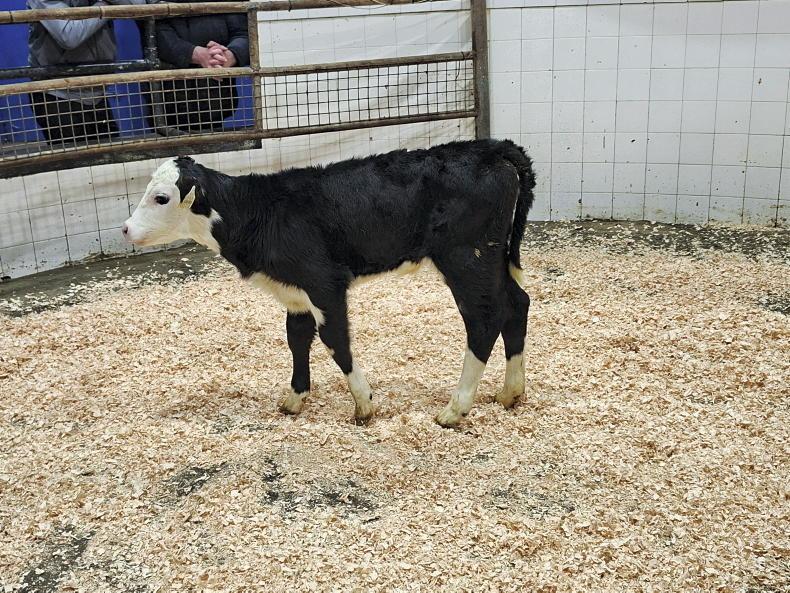
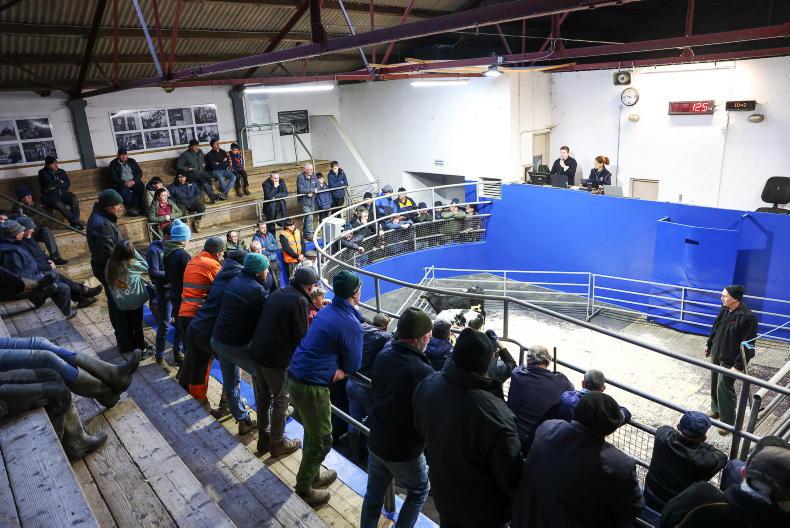
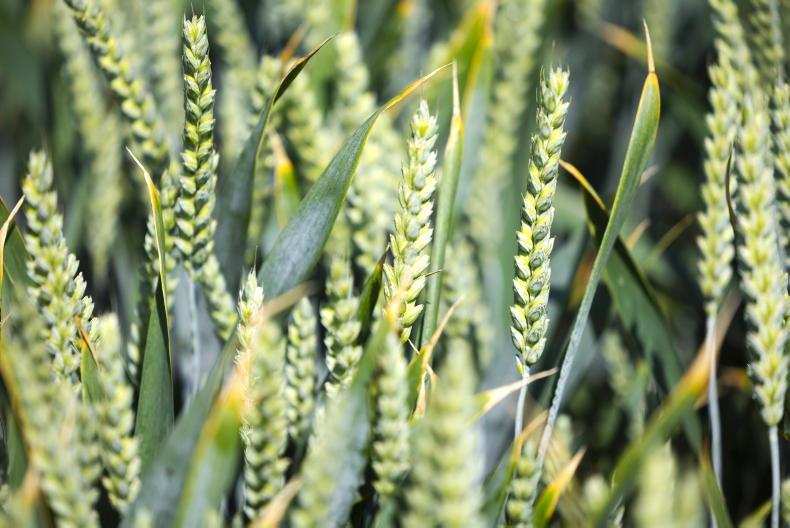
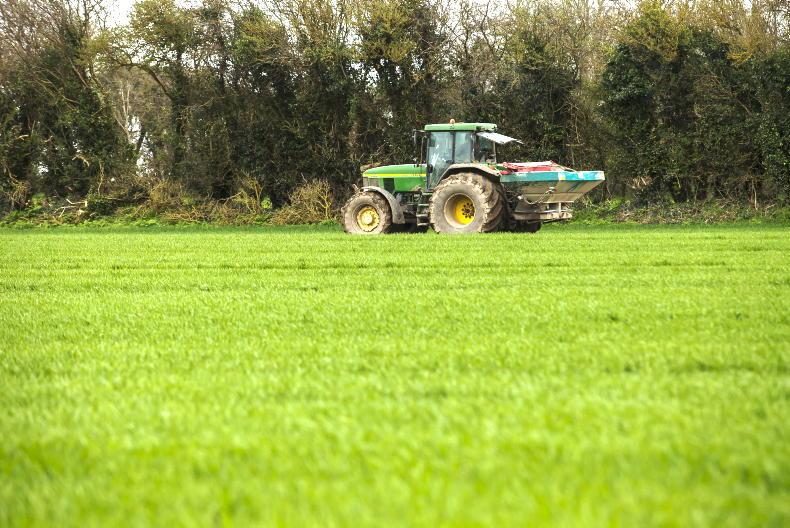
SHARING OPTIONS